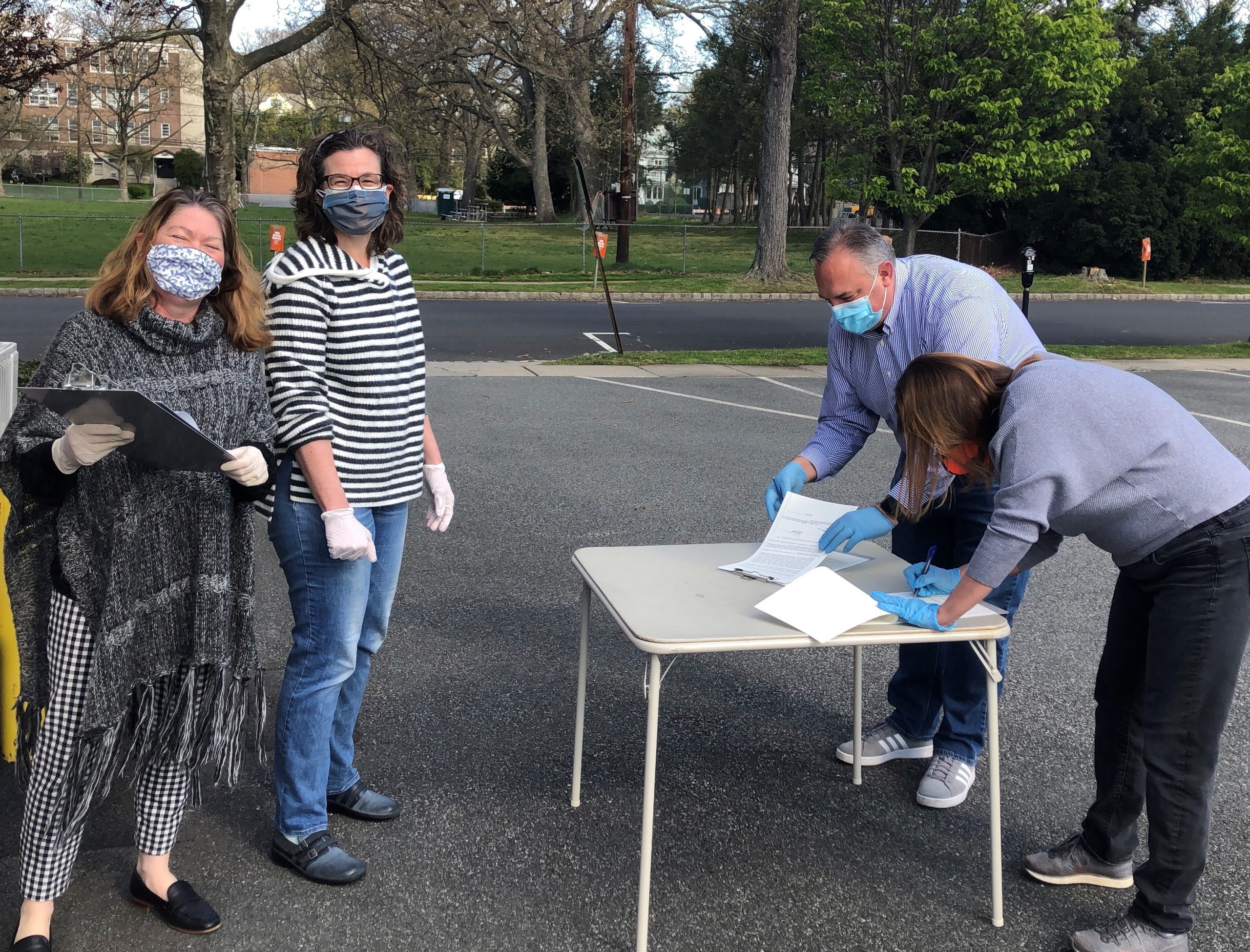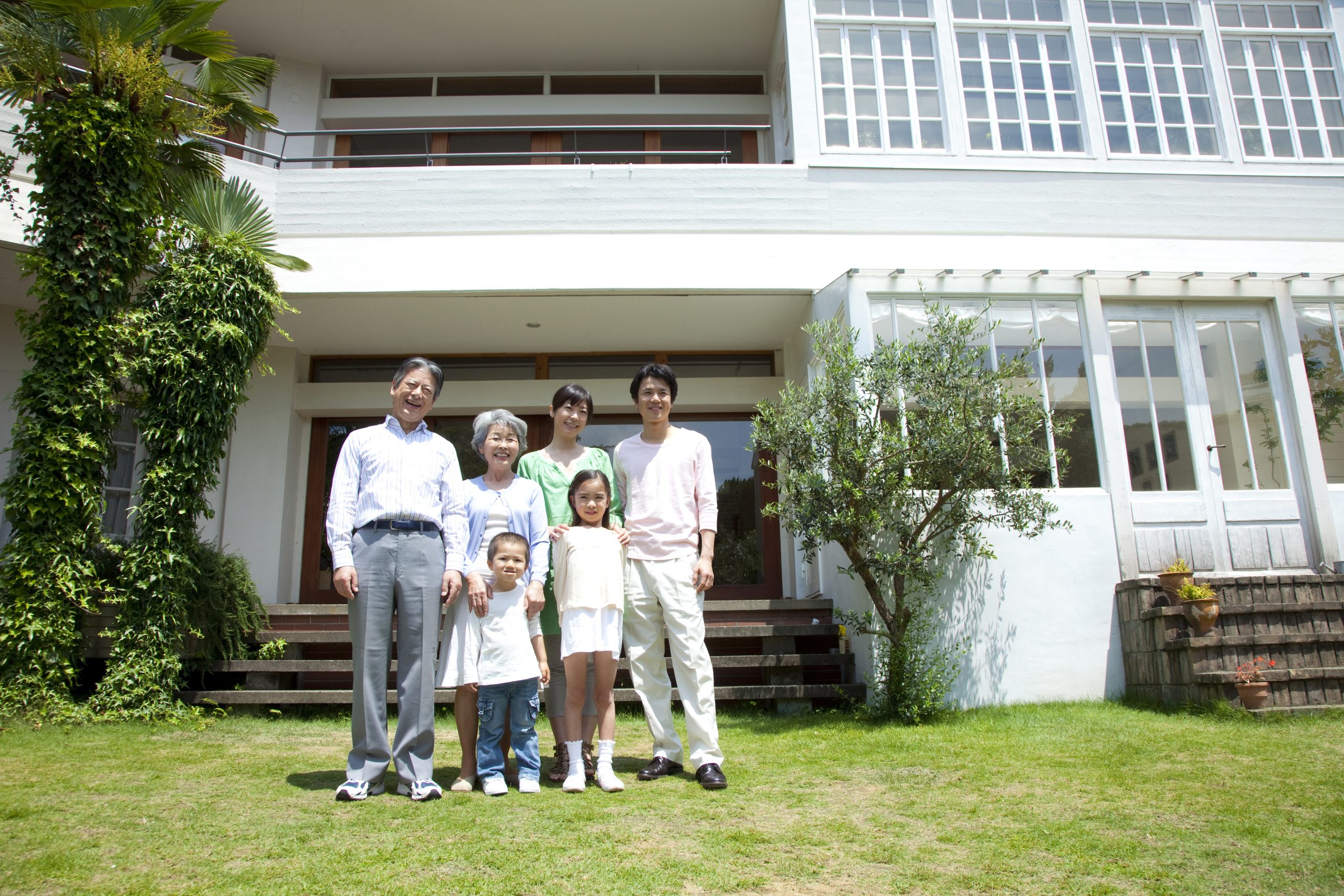April 22, 2020
ESTATE PLANNING DURING COVID-19: ADAPTING TO THE TIMES

More People Get Onboard With Estate Planning During COVID-19
The corona virus (COVID-19) has changed lives in ways we’ve never experienced or even imagined before. In short order, we’ve been required to stay home, practice social distancing and take diligent safety and health precautions as recommended by the Centers for Disease Control and Prevention to flatten the curve and prevent the spread of this highly contagious disease.
Heightened awareness regarding the importance of estate planning during this time is one silver lining that may result from the dark cloud of this devastating pandemic. In response to the critical need for conversations about existing estate plans or the creation of a concrete plan, trust and estate attorneys have been forced to recreate the way in which they consult with clients. Attorneys have been finding creative and safe ways to confront the logistical obstacles posed by the legal formality that accompanies the execution of estate planning documents.
An abundance of calls and inquiries
We have been struck by an increase in calls from individuals inquiring about estate planning. Understandably, these calls are taking on a much different tone. In the past, when people came to the office to discuss their estate plan, it was clear the conversations were theoretical—a talk about something hopefully very far off. Now, whether a caller is young, old or middle-aged, the tone is heavier. Rather than checking another item off their to-do lists, the indiscriminate nature of COVID-19 has forced us all to focus more on our own mortality. Offering a safe and open space for clients to have these conversations and provide some peace of mind is important to the lawyers at Phelan, Frantz, Ohlig & Wegbreit.
Business, but not as usual: Technology is key
In most instances, the key estate planning documents are the Will, which controls the proper disposition of assets at death, and the Durable Power of Attorney and Advance Directive/Health Care Proxy, both of which enable others to make financial and medical decisions for us if we are not able to do so. Technology has become a powerful force in how attorneys and clients get the planning process under way and, sometimes, in facilitating the execution of final documents.
For the planning piece, most lawyers are using video conferencing technology to facilitate conversations between clients and counsel so that the appropriate documents may be crafted. More ingenuity is required when it comes to signing the documents. This is so because under New Jersey law, Wills are only valid if executed in the presence of two witnesses. Further, they are only “self-proving” if a notary (third-party) notarizes the signatures of the person making the Will and the witnesses. POAs and Health Care Proxies similarly must be witnessed (only one) and notarized.
New places to execute documents
Under normal circumstances, witnesses preferably are not “interested parties” – beneficiaries or fiduciaries – of the estate for which a document is being executed. Conditions caused by the pandemic, however, may limit the options available to those signing documents.
Face-to-face signings may still occur – most typically in law office parking lots with gloves and masks intact, each participant using separate pens and exercising proper distancing but within sight and sound range of the person (the testator) signing their Will and for whom it is being prepared. Once signed, documents can be witnessed, notarized and collated by staff who have remained at a safe distance. Porches or window-separated settings provide alternate and acceptable locations.
Earlier this month, Governor Phil Murphy signed into law a bill that permits remote notarization effective immediately. This provision eases the need for face-to-face meetings for document execution and allows estate planning attorneys a greater degree of flexibility to accommodate the health and safety concerns of their clients.
It’s fair to say that both clients and attorneys are finding that these alternate ways of doing things are cumbersome, if only because they are so different and, right now, feel unnatural. But it’s the best clients and attorneys can do to avoid delays at this time.
Not easy but necessary
Important as it is, estate planning is always a delicate subject. These days the discomfort associated with the topic is ten-fold. The anxiety being experienced by everyone is legitimate and as professionals, spouses, parents, and sons and daughters, we have these same worries.
Regardless of whether legal interactions by Zoom or in parking lots becomes the new norm, we will continue, as always, to make our clients’ needs a priority. We remain focused on our clients’ safety during this difficult time and are committed to being a partner who will listen and assist.
At Phelan, Frantz, Ohlig & Weqbreit, LLC, we will carefully listen to your unique family circumstances and, as always be responsive, and intuitive in handling the difficult questions that you have regarding your estate planning during COVID-19 or anytime. Please call us at 908.232.2244 to learn how we can assist you in crafting your Will and important accompanying documents that best fit your wishes and needs.

Beware the Oft Spoken Line to Seniors: “Transfer Ownership of Your House to Your Kids!”




